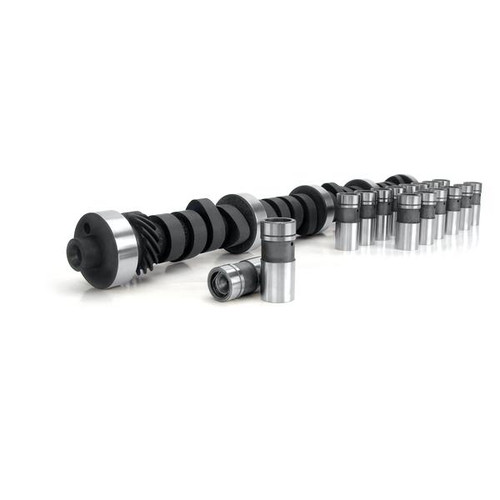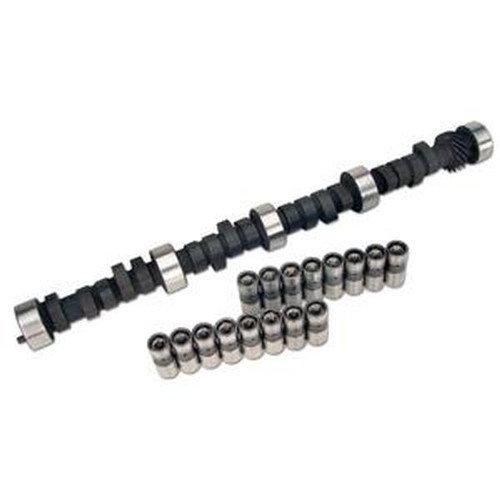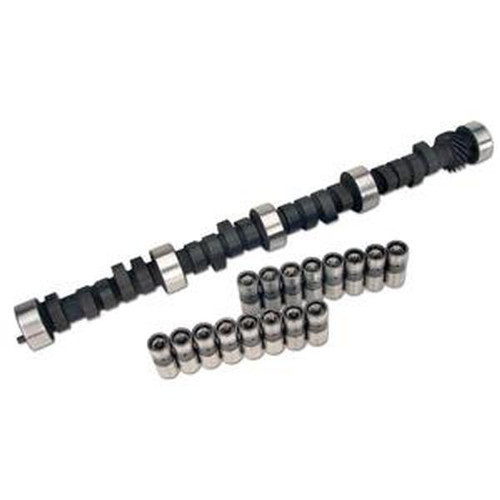-
Elgin Industries
Part #: CL-1800PK
Cam Kit ..498 .498 2000-4800 RPM 222 Dur
Engine Make: Elgin Industries$316.68 -
Howard Cams
Part #: CL240931-11
CAM/LIFTER KIT BB FORD HYD FLAT TAPPET CL240931-11
Engine Make: Howard Cams$462.91 -
Howard Cams
Part #: CL110041-12
CAM/LIFTER KIT CHEV SB HYD FLAT TAPPET CL110041-12
Engine Make: Howard Cams$356.45 -
Howard Cams
Part #: CL118001-09
CAM/LIFTER KIT CHEV SB HYD FLAT TAPPET RATTLER CL118001-09
Engine Make: Howard Cams$356.45 -
Howard Cams
Part #: CL112431-06
CAM/LIFTER KIT CHEV SB HYD FLAT TAPPET W/91111 LIFTER CL112431-06
Engine Make: Howard Cams$416.34 -
Howard Cams
Part #: CL210031-12
CAM/LIFTER KIT FORD SB HYD FLAT TAPPET CL210031-12
Engine Make: Howard Cams$393.19 -
Howard Cams
Part #: CL713175-10
CAM/LIFTER KIT SB CHRY HYD ROLLER CL713175-10
Engine Make: Howard Cams$1,303.35 -
$339.56
-
$375.59
-
$316.90
-
$302.56
-
$300.78







